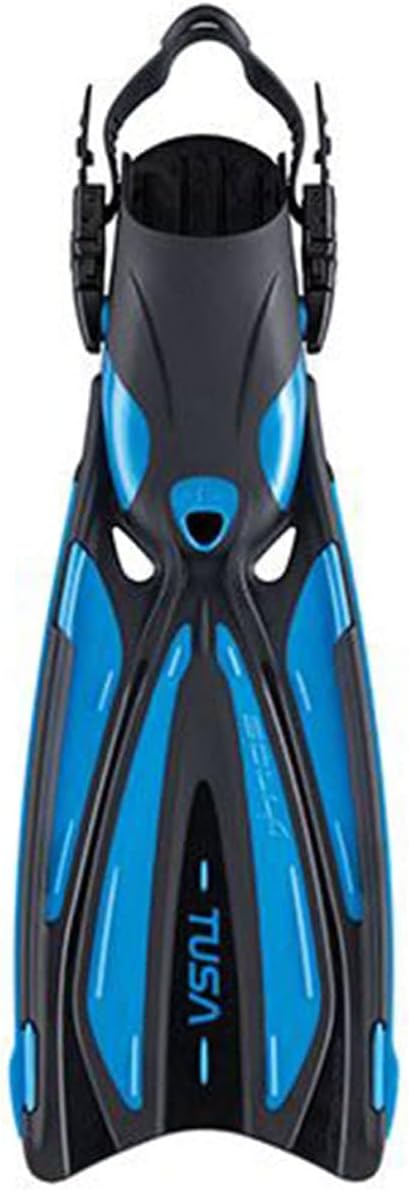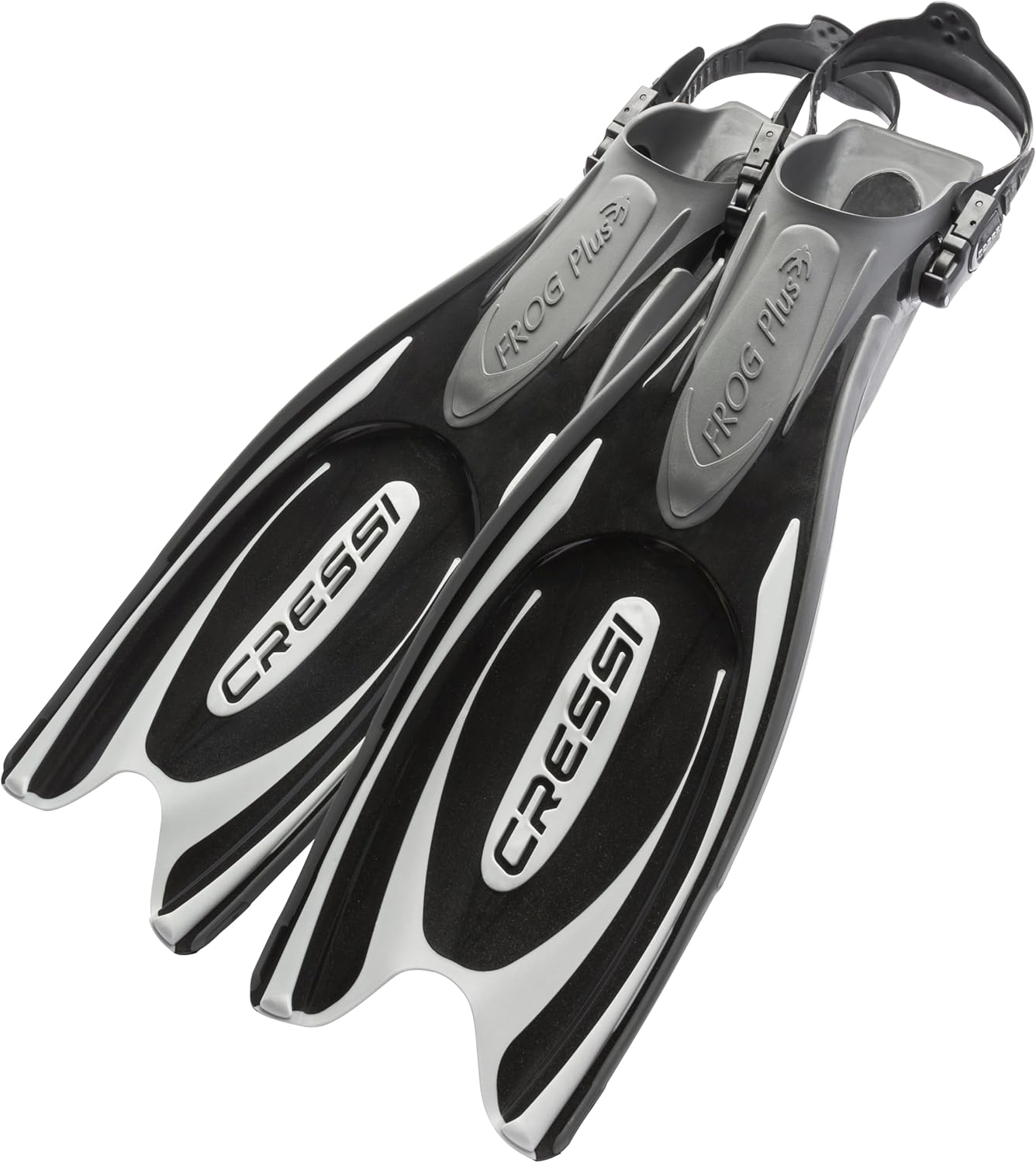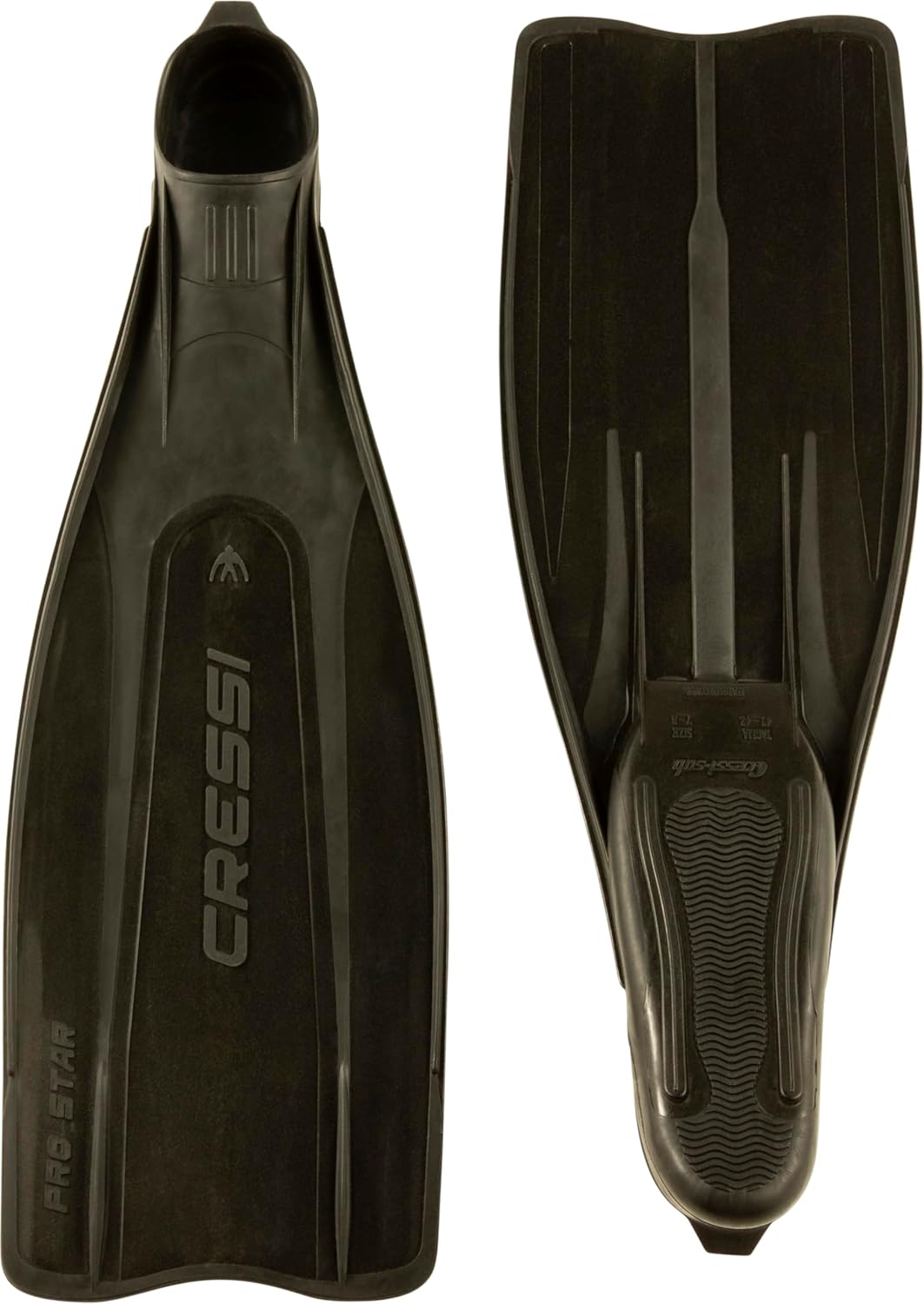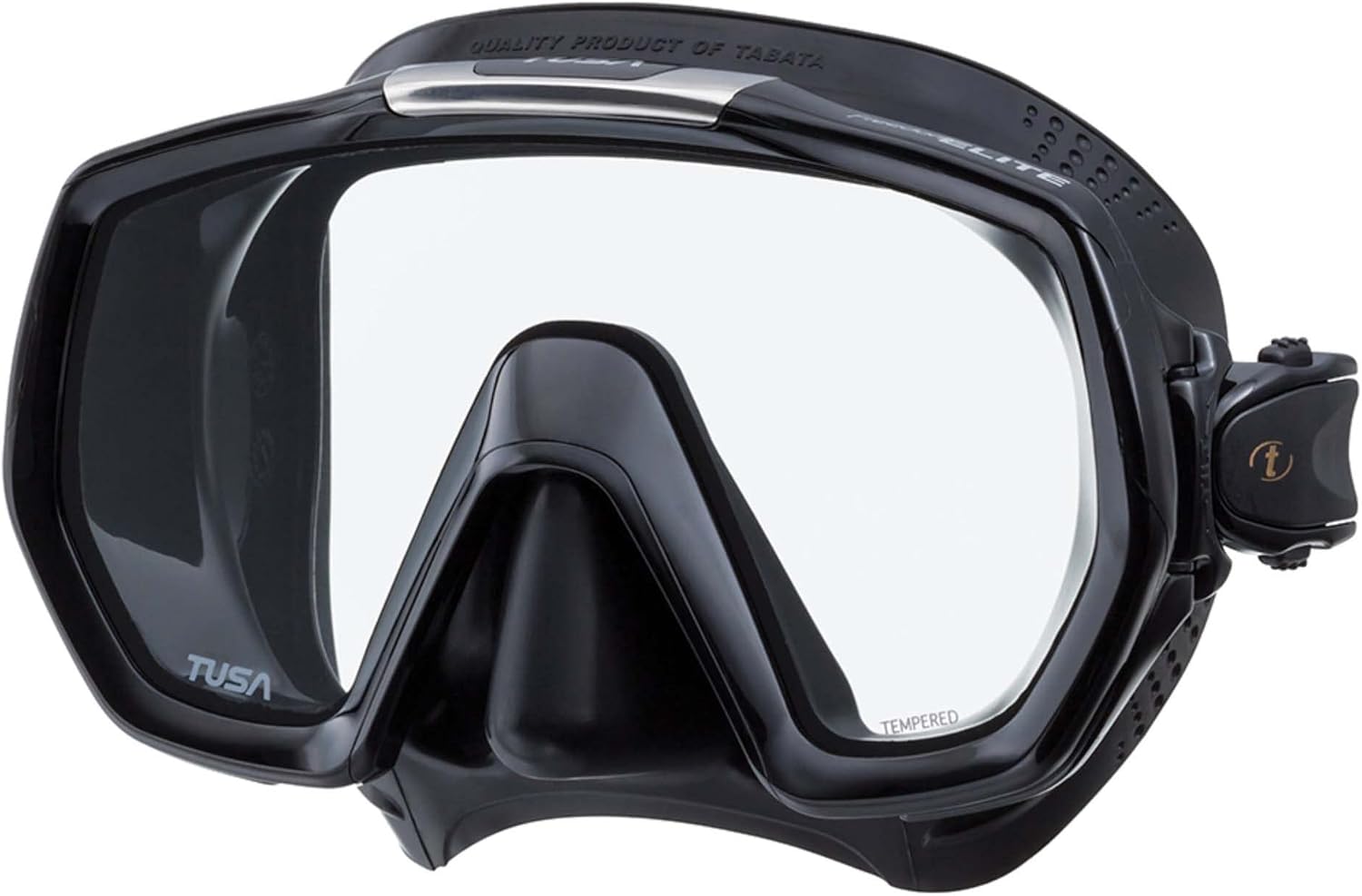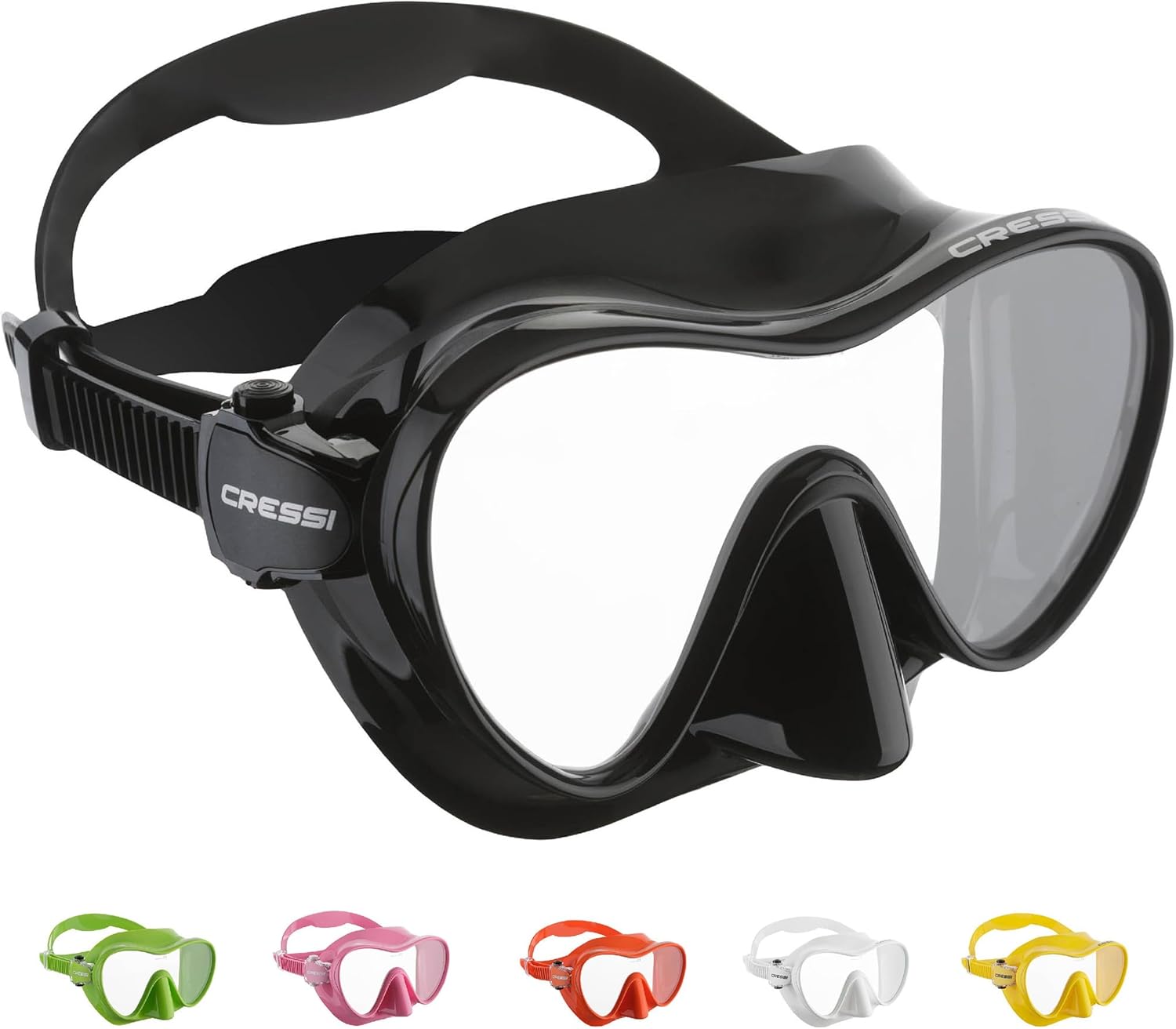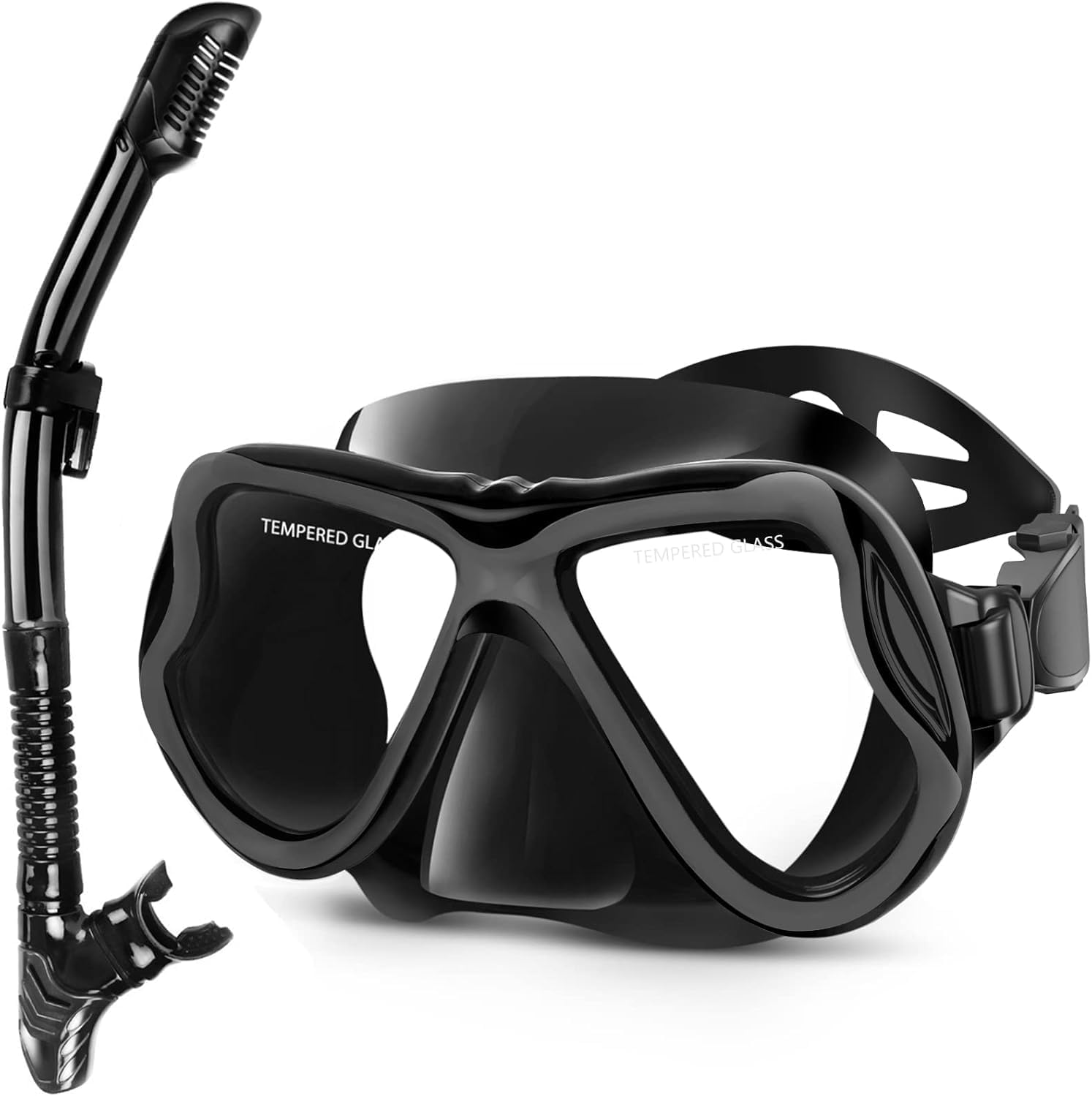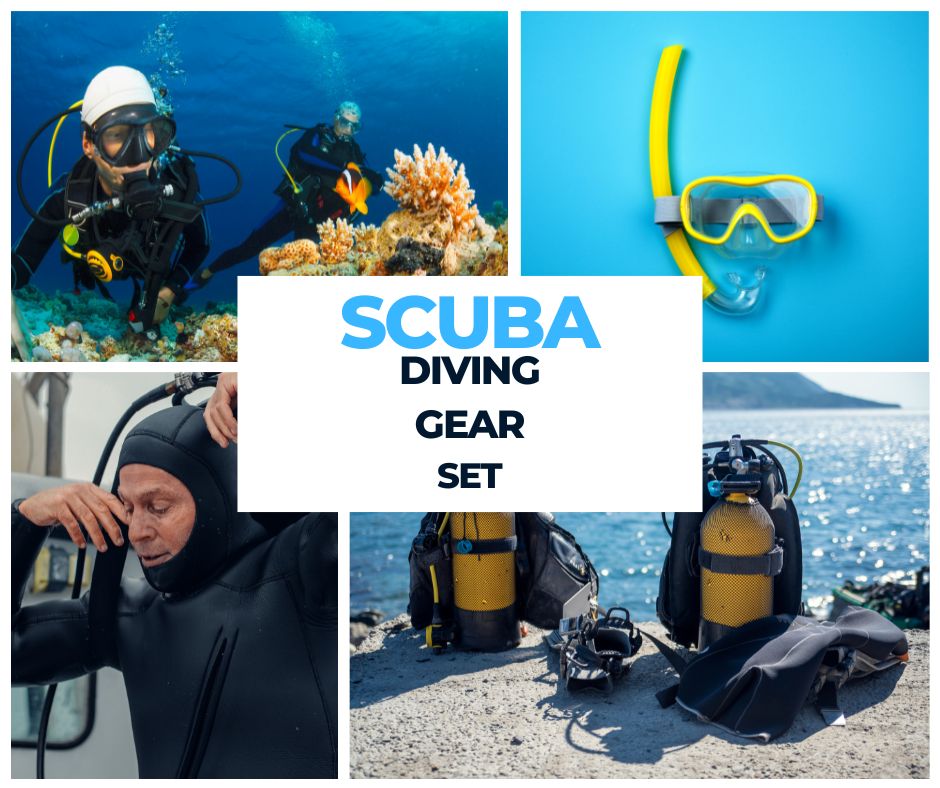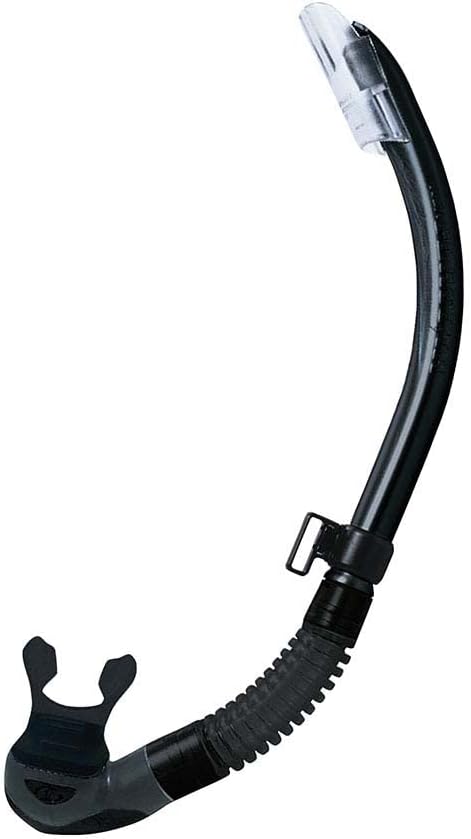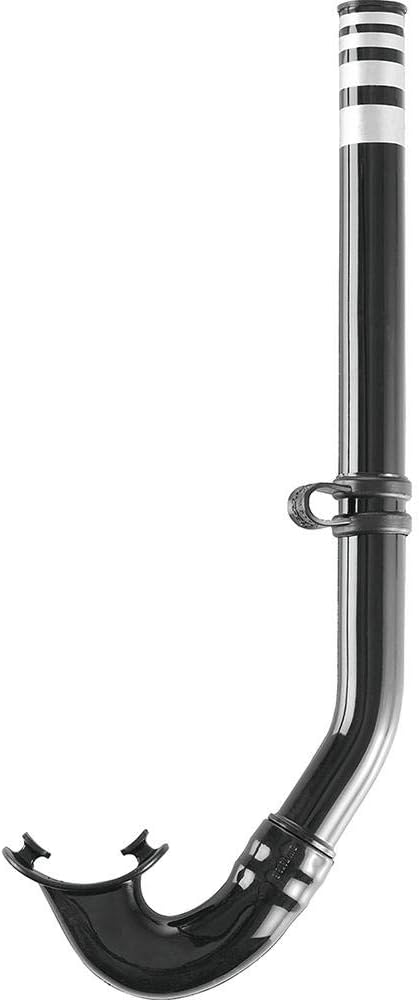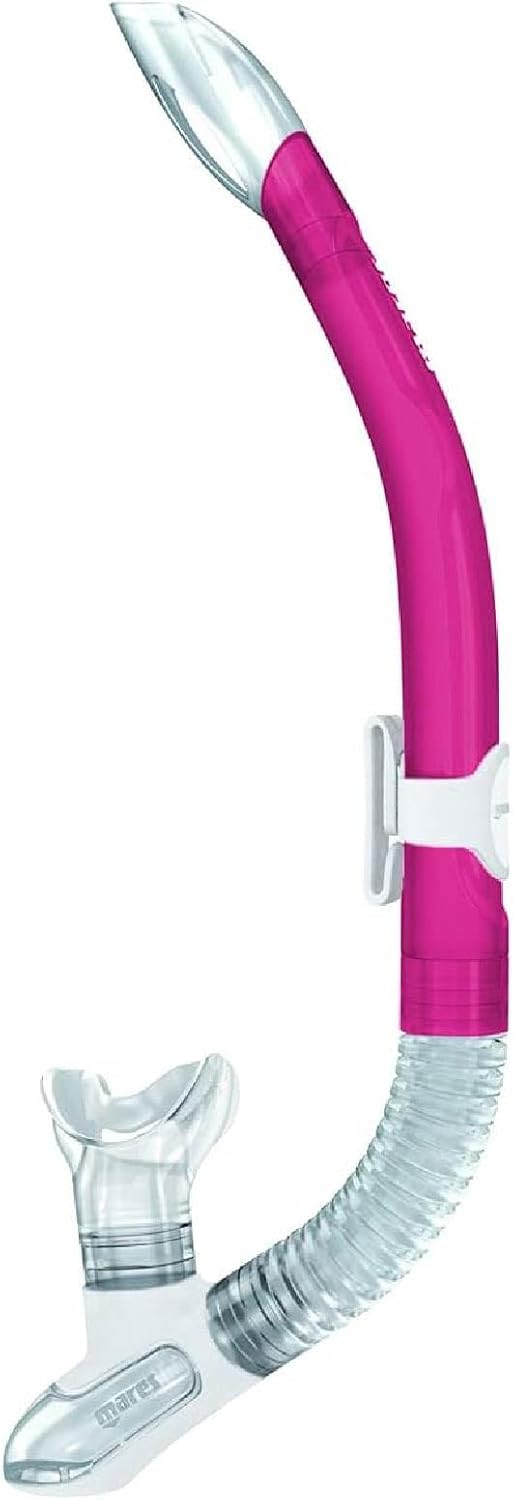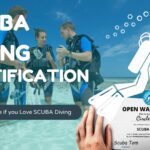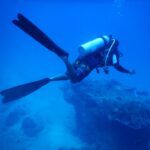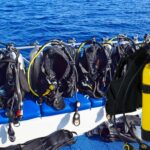How Much Scuba Diving Certification – The Real Cost
How much scuba diving certification costs may seem like a simple enough question until you’re floating face-down over a coral reef and realize you mistook “watching YouTube tutorials” for actual training.
Getting certified isn’t just about the money; it’s about staying alive long enough to enjoy the magic underwater.
Let’s answer all your questions about how much scuba diving certification really costs.
How Much Scuba Diving Certification Actually Costs?
Expect to spend anywhere from $350 to $700 for your Open Water Diver certification, which is the basic or entry level scuba certification. That price range usually includes eLearning or course manuals, confined water sessions (in a pool), open water dives (in the ocean or a lake), instructor time, and the final certification card.
If you’re doing your certification in a tourist hotspot like Thailand, Bali, or Egypt, it could cost less, anywhere between $250 to $400. On the flip side, diving certification in the U.S., UK, or Australia might cost you up to $800, especially if scuba gear rental isn’t bundled in the advertised cost.
Here’s the breakdown of what you’re typically paying for:
- Course materials (manual or online theory): $100 – $200
- Instructor fees and logistics: $150 – $300
- Open water dives (usually 4 required): $100 – $200
- Gear rental (if not included): $50 – $150
Some dive centers offer all-in packages. Others? Let’s just say they’re like budget airlines, suddenly charging extra for air.
RELATED: Is Scuba Diving Hard
Types of Scuba Diving Certifications (and Their Costs)
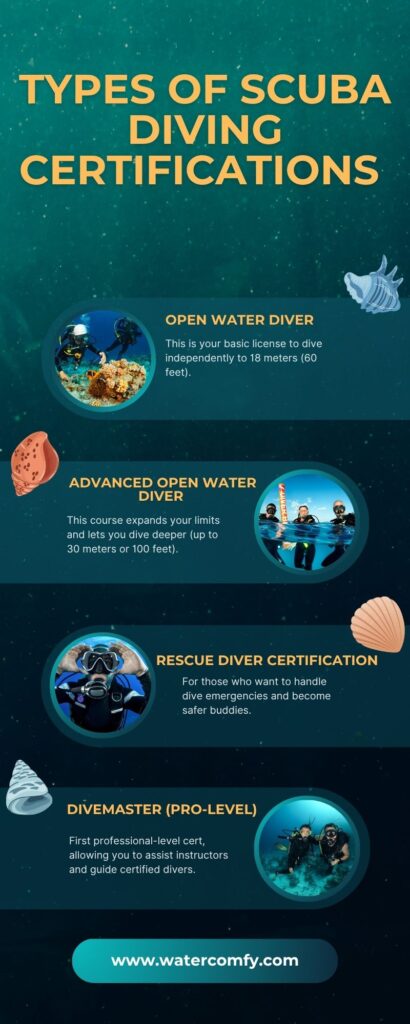
Let’s demystify the certification ladder. Not all scuba courses are created equal. Here’s a rundown of the most common ones, their purpose, and what they cost.
1. Open Water Diver (OWD)
This is your basic license to dive independently to 18 meters (60 feet).
- Cost: $350 – $700 (depends on location, gear, and agency)
- Duration: 3–5 days
- Includes: Theory, pool training, 4 open water dives, gear rental (sometimes)
Once you’re certified, it lasts for life. But if you don’t dive for a while, you’ll need a refresher.
2. Advanced Open Water Diver (AOWD)
This course expands your limits and lets you dive deeper (up to 30 meters or 100 feet).
- Cost: $250 – $450
- Duration: 2–3 days
- Includes: 5 adventure dives (like deep, night, navigation)
Perfect if you want to explore wrecks or drift dives without being babysat.
3. Rescue Diver Certification
For those who want to handle dive emergencies and become safer buddies.
- Cost: $350 – $500
- Duration: 3–5 days
- Includes: Theory, scenario training, pool & open water sessions
This one makes you the favorite dive buddy in any group.
4. Divemaster (Pro-Level)
First professional-level cert, allowing you to assist instructors and guide certified divers.
- Cost: $800 – $1,500
- Duration: 4 weeks to 6 months (varies)
- Includes: Extensive training, internship, dive theory
Gear purchase is usually mandatory at this level.
General Requirements for Scuba Diving Certifications
While each training agency (like PADI, NAUI, SSI, or SDI) may have slightly different rules, most scuba diving certification programs share a core set of general requirements. These are designed to ensure safety, capability, and readiness for underwater exploration.
1. Minimum Age
- Typical age for Open Water Diver: 10–15 years depending on agency and course
- Junior certifications are offered for younger divers with depth and supervision limits
- Advanced and pro-level courses usually require you to be 15 or older
2. Swimming Skills
You don’t need to be an Olympic swimmer, but you must demonstrate basic aquatic competence:
- Swim 200 meters/yards without stopping (any stroke)
- Float or tread water for 10 minutes
These aren’t timed tests, they just prove you’re comfortable and self-reliant in water.
3. Medical Clearance
- All students must complete a medical questionnaire
- If you check “yes” to any health condition (asthma, heart issues, ear problems), you’ll likely need a doctor’s clearance
- Some medications, respiratory issues, or surgeries may temporarily or permanently disqualify you from diving
Tip: Fill out the medical form before traveling; you don’t want to miss your course because you couldn’t find a doctor abroad.
4. Comfort in Water
- Being able to swim doesn’t always mean you’re comfortable underwater
- Instructors look for calm, confident behavior in confined water. Panic-prone students may be advised to do additional pool time or consider alternative activities
5. Commitment to Learning
- Courses include theory (eLearning or classroom), quizzes, and practical skills
- Expect to spend 6–12 hours on theory for entry-level courses
- There’s usually a final exam. It’s not hard, but you do need to study!
6. Time and Fitness
- Most courses span 2 to 5 days, with full-day sessions
- You’ll need to carry gear, swim with it, and manage tasks underwater
- Reasonable fitness and no recent injuries are important, especially for rescue or pro-level training
7. Mental Readiness
- Diving requires clear judgment, situational awareness, and the ability to remain calm
- Students with high anxiety or untreated psychological conditions may struggle with underwater stress
Can Scuba Certification Really Cost $1,000+? Here’s When and Why
While the standard cost for how much scuba diving certification runs between $350 and $700, some divers do end up paying over $1,000 and not because they were scammed. Here’s when that happens:
- High-cost destinations: In countries like the U.S., Australia, or Switzerland, high wages, insurance, and overheads bump the price up.
- Premium packages: Some dive resorts bundle luxury boats, waterfront lodging, professional photography, or concierge services into your training.
- Private or small-group instruction: One-on-one training with an instructor costs more but can be worth it for extra attention.
- Pro-level training: Courses like Divemaster or specialty certifications (wreck diving, tech diving) often go beyond $1,000, especially when equipment is required.
- Hidden extras: Don’t forget marine park fees, dive insurance, or mandatory online learning materials, which sometimes aren’t disclosed until checkout.
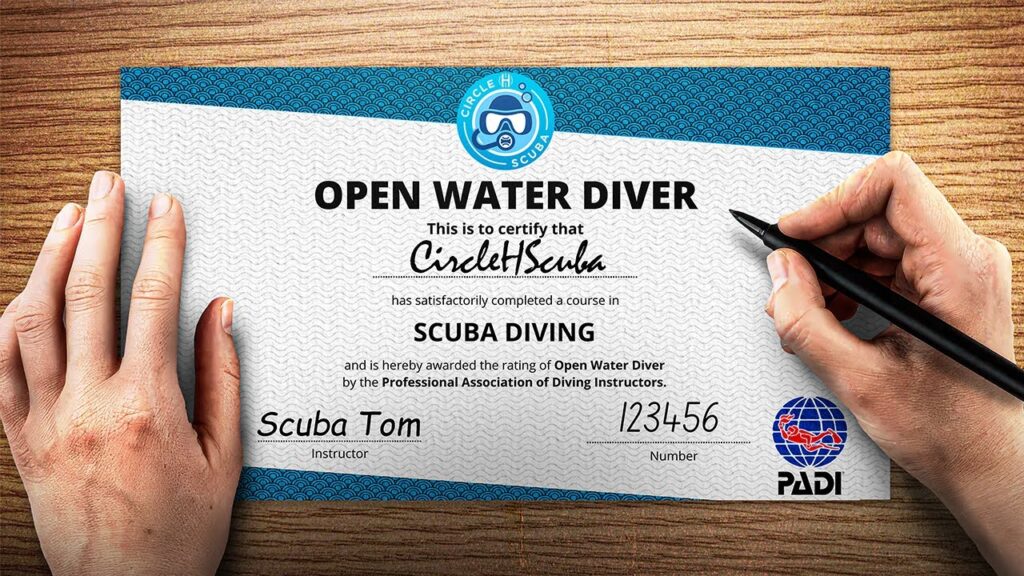
PADI Certification Levels
PADI (Professional Association of Diving Instructors) is the most recognized diving organization globally. Their certification ladder is structured to take beginners to professional levels step-by-step:
- PADI Scuba Diver – A half-step toward Open Water, for those short on time.
- PADI Open Water Diver – The full entry-level certification for autonomous diving.
- PADI Advanced Open Water Diver – Expands your skills and depth limits.
- PADI Rescue Diver – Focuses on diver safety and managing emergencies.
- PADI Divemaster – The first professional certification level.
Each level builds on the last, with increasing responsibility, required dives, and theoretical knowledge.
|
|
|
|
PADI Certification Requirements
While requirements vary slightly by course level, here are the general prerequisites:
- Minimum age: 10–15 years (varies by level)
- Swimming ability: Able to swim 200 meters and float/tread water for 10 minutes
- Medical clearance: Must complete a medical questionnaire; doctor’s note if any issues arise
- Time commitment: Ranges from 2 days (Scuba Diver) to several weeks (Divemaster)
- Gear familiarity: You don’t need to own equipment, but knowing how to use it helps
Most courses include rentals and instruction on gear use. Your dive center will guide you through all pre-course prep.
PADI Open Water Certification
The PADI Open Water Diver certification is the gold standard for entry-level scuba divers. It certifies you to dive independently (with a buddy) to depths of up to 18 meters (60 feet) anywhere in the world.
What It Includes:
- Knowledge Development: Online or in-class theory lessons
- Confined Water Dives: Pool sessions to learn skills
- Open Water Dives: Usually 4 dives in the ocean or lake
- Final Exam and Certification Card
Cost: $350 – $700 (varies by location)
This certification is your gateway to the underwater world and a prerequisite for most advanced courses. It’s recognized globally and never expires, though refresher courses are encouraged if you haven’t dived in a while.
READ ALSO: Scuba diving vs snorkeling
Why Certification Costs Vary So Much
When people ask how much scuba diving certification costs, they often don’t realize how much the location and certification agency matter.
Dive Location Matters:
- Thailand, Indonesia, Egypt: $250 – $400 (budget-friendly and great dive sites)
- USA, Canada, Australia: $500 – $800 (higher instructor wages and insurance)
- Europe: $450 – $700 (variable, but gear rentals cost more)
Agency Differences (PADI vs SSI vs NAUI):
- They all teach the same skills, but the materials and branding differ.
- PADI is the most globally recognized and sometimes pricier.
- SSI often bundles gear rentals and eLearning for less.
What’s Included in the Price (And What’s Not)
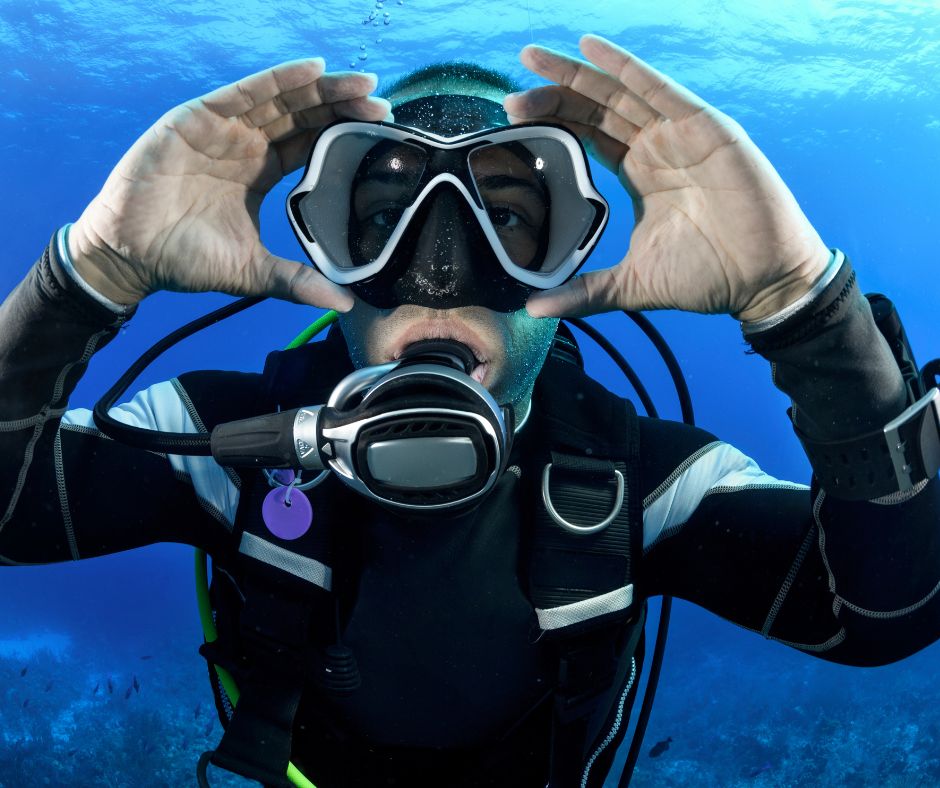
A lot of divers get sticker shock because they don’t ask what exactly the fee includes. Here’s what you should always double-check:
Usually Included:
- eLearning or manual
- Pool training
- Open water dives
- Instructor time
- Certification card (sometimes digital only)
Sometimes NOT Included:
- Gear rental (mask, fins, wetsuit, BCD, regulator, tank)
- Dive insurance
- Dive logbook
- Transport to dive sites or boats
- National park or marine fees
Always ask for an itemized breakdown, or you’ll end up paying for air tanks like hotel minibar water bottles.
Is Online Certification Cheaper?
Yes, partially. Most agencies now offer blended learning, where you do theory online and show up for pool and open water dives. This is often cheaper and more convenient.
- eLearning (Theory Only): $100 – $200
- In-Person Checkout Dives: $200 – $400
Great for busy folks or travelers who want to do theory at home and dive on vacation. Just make sure the dive center you book with accepts your online portion.
How Long Does It Take to Get Certified?
On average:
- 3–5 days for Open Water
- 2–3 days for Advanced Open Water
- 3–5 days for Rescue Diver
- Weeks to months for Divemaster
You can split it into weekends or do it intensively on vacation. A lot of travelers now combine scuba certification with destinations like the Maldives, Cozumel, or the Philippines.
|
|
|
|
Factors That Help You Get Scuba Certified Quickly
If you’re eager to get your fins wet ASAP, some factors can speed up your path to certification:
- Choosing a dedicated dive resort or center – These often run streamlined, intensive 3–5 day programs with minimal delays.
- Pre-studying online theory – Doing your eLearning before arrival saves time and lets you jump straight into the water.
- Good physical health – Medical clearance issues can cause delays. Being fit and healthy smooths the process.
- Flexible schedule – Being available on weekdays or multiple consecutive days helps you finish quicker.
- Opting for private or small-group lessons – Smaller classes mean more dive time, less waiting.
The key is preparation and choosing the right setup. A dive shop that’s well-reviewed, communicative, and efficient can turn your dream into reality in just a few days.
Is Scuba Certification Universal?
Yes, thank Neptune! Your certification is recognized globally, as long as it’s from a major agency like PADI, SSI, NAUI, RAID, or SDI.
But:
- Some dive shops may require a refresher if you haven’t dived in a while.
- You might need to show your logbook to verify experience.
- Some regions require medical clearance if over a certain age or with pre-existing conditions.
Is It Safe to Go With a Cheap Dive School?
Budget doesn’t always mean bad, but yes, you should be cautious.
Look for:
- Certified instructors (check credentials)
- Well-maintained gear
- Verified reviews on Google/TripAdvisor
- Small class sizes (ideally 4 or fewer per instructor)
- Clear safety briefings and emergency plans
Remember, this isn’t karaoke. Cutting corners underwater can kill you. That’s why many people want to know if scuba diving is dangerous after looking at $199 packages online.
How to Avoid Overpaying for Scuba Certification
- Book in advance (especially for popular islands)
- Choose package deals (gear + certification)
- Ask if digital materials are included
- Don’t pay for unnecessary upgrades (like professional photo packages)
- Check refund policies if weather or sickness delays you
What Happens After You Get Certified?
Now the real spending begins. Welcome to the gearhead zone.
You may need:
- Dive mask/snorkel: $50 – $150
- Fins: $60 – $200
- Wetsuit: $100 – $300
- BCD: $300 – $1500
- Regulator: $250 – $800
- Dive computer: $200 – $1,000
Want a full kit? Expect to spend $1,000 to $3,000 depending on quality. Or, you could rent gear for $30–$50 per dive.
Is Scuba Certification Worth It?
|
|
|
|
If you love travel, nature, and adventure, it’s a no-brainer. You get:
- Lifetime access to the underwater world
- A new way to vacation
- Adrenaline without jumping out of planes
- Community and new friendships
It’s also the stepping stone if you want to know how deep does scuba diving go when looking to explore wrecks and underwater caves.
Plus, you can finally understand what does scuba diving stand for beyond “cool holiday pics.”
The Bottom Line on How Much Scuba Diving Certification
Now, you know how much scuba diving certification costs. It’s an investment into safety, skill, and the serenity of the sea.
If you’re ready, now’s a good time to learn how to get scuba diving certification through a reputable center near you. And while you’re at it, maybe check out the best scuba gear set to suit your underwater lifestyle.
See you in the blue. Mask cleared. Reg in. Dive on!
